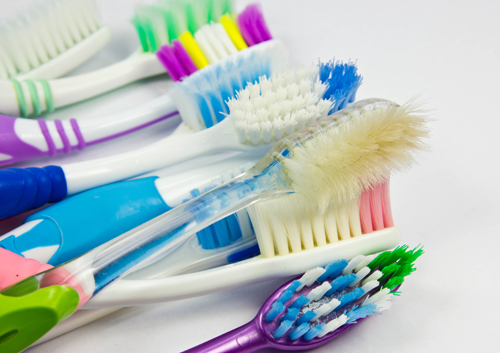Is periodontal disease contagious?
April 28th, 2017

According to the Centers for Disease Control and Prevention, half of adults age 30 and over suffer from some form of gum disease. Caused by plaque buildup, gum disease is an infection of the tissue that surrounds and supports the teeth. In its advanced stages, it is known as periodontal disease. If left untreated, it can result in the loss of tissue and bone that support the teeth, causing teeth loss. It’s a preventable condition seen far too often by Drs. Sheena Allen, Murat Ayik, Mark Margolin, and Schaefer.
Research between periodontal disease and other diseases is ongoing. Some studies have indicated that gum disease is linked to other health conditions such as stroke or diabetes. Furthermore, while most factors that lead to periodontal disease are dependent on the individual (genetics, diet, poor oral hygiene) there is a possibility that periodontitis is capable of spreading from one person to another.
What the Research Says
Periodontitis is a gum infection, and the bacteria that cause the gums to become infected travels in saliva. Researches have used DNA coding techniques to track the path of infection from one person to another. In other words, kissing and close contact play a role in the transmission of the infection, so if you’re married to a spouse with periodontal disease, then your chances of having gum problems are slightly increased. Other studies have indicated that saliva contact is common in family settings through coughing, sneezing, and shared utensils and food. Children with parents who have periodontal disease are at a somewhat higher risk of developing it. At the same time, just because you exchange bacteria with your loved ones doesn’t mean you will get periodontal disease.
It is important to note that the scientific evidence supporting the spread of periodontal disease is limited and ongoing. The best way to prevent gum disease is through proper plaque control, which includes brushing, flossing, mouthwash, and twice a year trips for professional cleanings. Contact our Dallas,TX office if you have any questions about periodontal disease.


